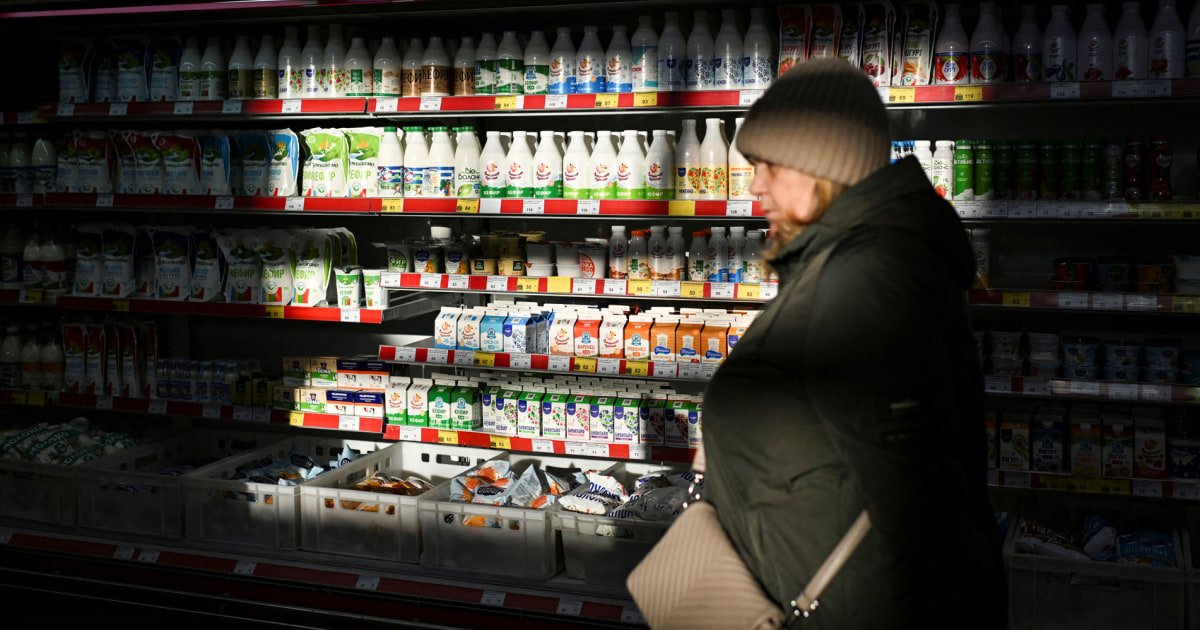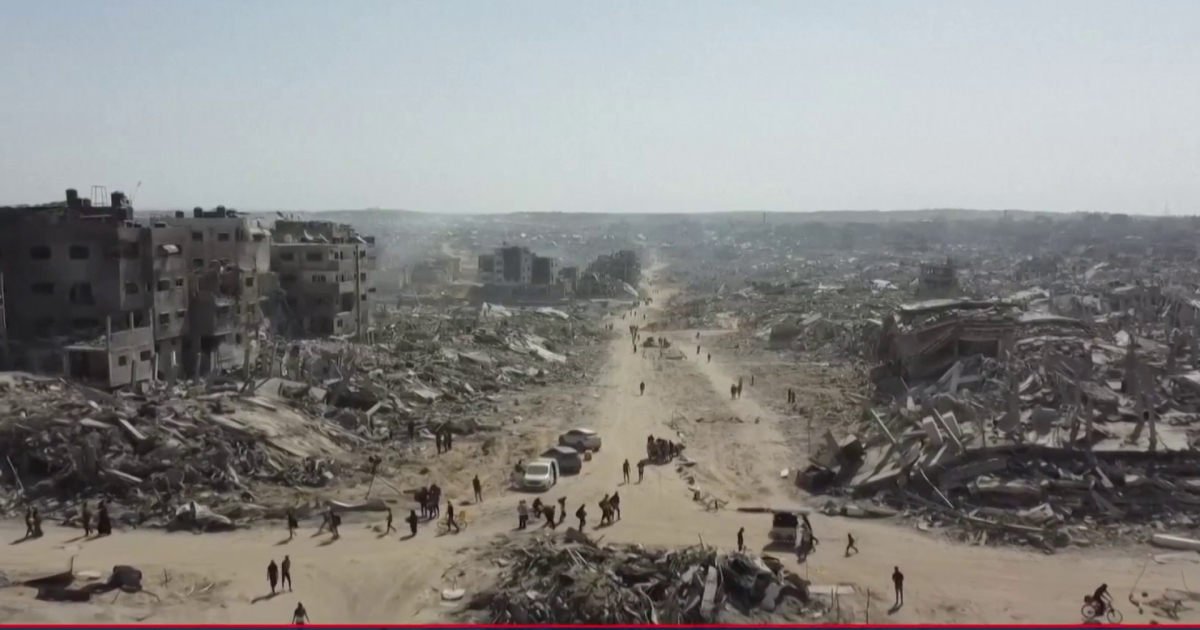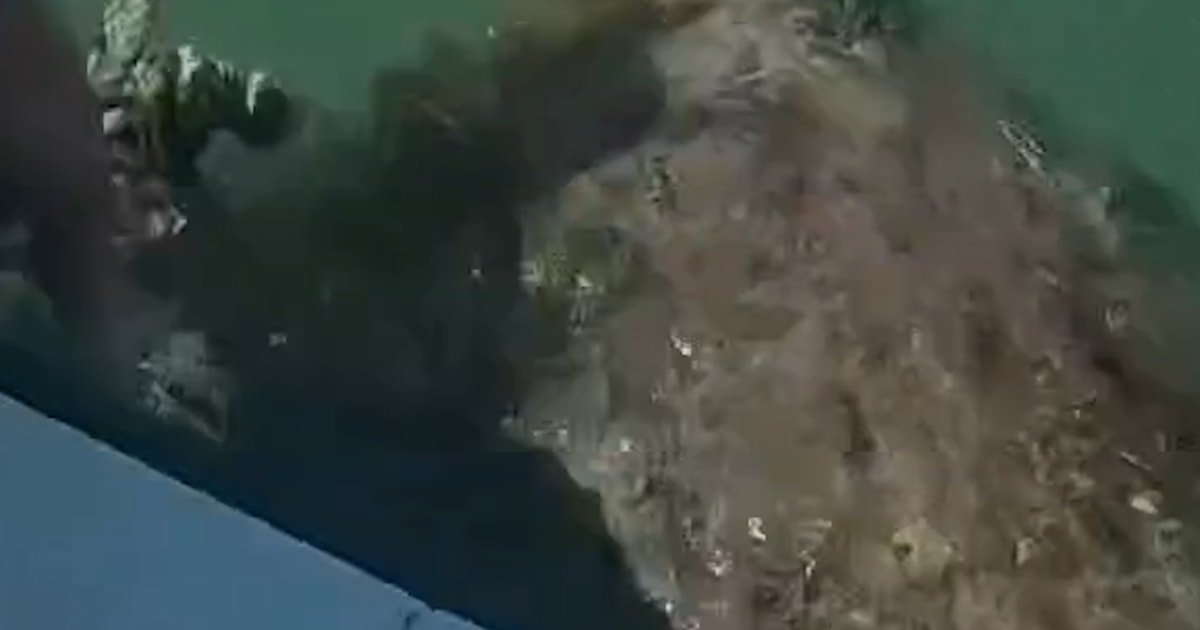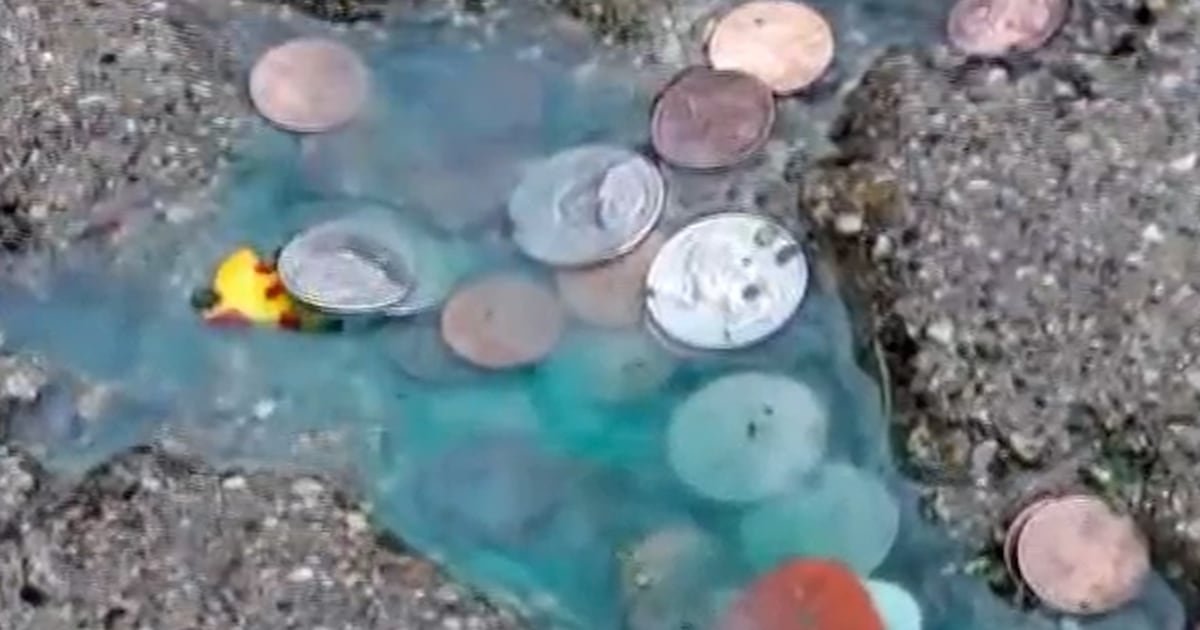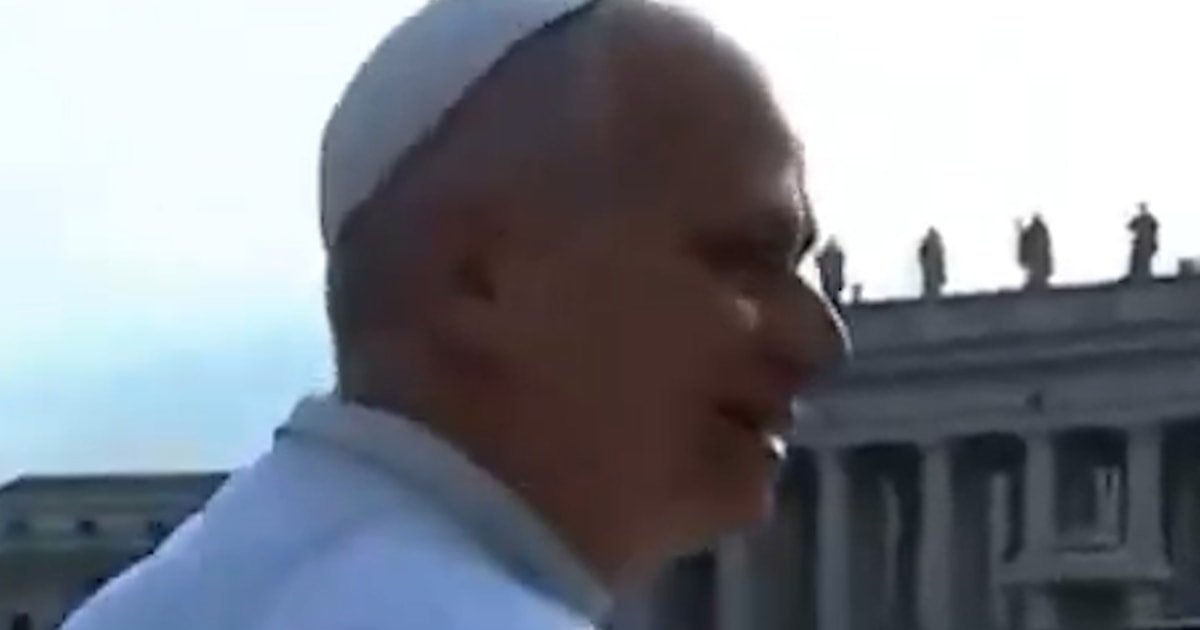MOSCOW — It’s like turkey at Thanksgiving: On New Year’s in Russia, revelers traditionally eat plenty of Olivier salad.
It was introduced in the then Russian Empire in 1860 by French chef Lucien Olivier, but today everyone has a slightly different recipe. It is so popular that the cost of its basic ingredients, which usually include sausages, potatoes and tablespoons of mayonnaise, has its own price index that the media follows.
With inflation soaring and the ruble falling to one of its lowest levels against the dollar since President Vladimir Putin launched his war in Ukraine, Russians will have to pay more this year for the dish, which is traditionally served alongside caviar and tangerines, before the New The year is toasting.
Along with rising food prices, a weaker ruble following the latest round of US sanctions in November has fueled inflation and raised the cost of imports to Russia. A huge increase in military spending has also led to labor, supply and production shortages. And while workers from all industries have volunteered or been called upon to serve in Ukraine, agriculture has been one of the hardest hit.
The so-called Olivier Index, which tracks how much it costs to prepare one of the salads for four people, has risen 16% year over year, from 348 to 414 rubles, according to Rosstat, Russia’s federal statistics agency. (That’s equivalent to a jump from $3.31 to $3.94.)
And prices have soared for other foods such as eggs (up 45% since January) and butter (up almost 40%), according to data released this month by Rosstat. Meanwhile, potatoes cost almost double what they did a year ago. Between November and December alone, they increased by 10%, from 99.99 rubles to 109.99, according to an analysis by NBC News. While not a staple food, caviar has soared to almost 9,000 rubles per kilo from 6,000 in December 2023, Rosstat found.
So ordinary people, whose average salary is about $830 a month, are feeling the pressure.
“Everything is getting more expensive: bread, meat, vegetables, fruit,” Svetlana Govorukhina told NBC News in a phone interview earlier this month.
“I see that everything is getting more expensive, but I can still afford everything I need,” added Govorukhina, a 69-year-old music teacher from Kaluga, a city about 200 kilometers south of Moscow.
“I can sustain myself even in the current situation. But as long as I can’t do anything about the economic situation, I prefer not to waste my emotions on it,” he added.
But that puts it in the minority, as rising prices become the most pressing concern for Russians in most regions, according to a study published Dec. 27 by CROS, a communications and marketing agency based in in Moscow. Prices replaced the war in Ukraine as the top concern for the first time since February 2022, when Putin ordered the invasion of its neighbor, according to the findings, which are based on analysis of social media trends and reports from traditional media.
“Rising prices are particularly painful for the poorest, but the middle class, accustomed to higher levels of consumption and frequently buying imported goods, may feel the impact more acutely,” said Tatiana Stanovaya, senior researcher at the Carnegie Russia Eurasia Center, a Berlin-based non-governmental organization said earlier this month.
And that was certainly the case. for Anna, 37, a Moscow-based university worker, who said the cost of “baby food, diapers, etc. grew colossally,” when sanctions began to take effect shortly after Putin launched his invasion of Ukraine and his son turned one.
Prices “recovered a little later, but since then everything has become more and more expensive,” he said.
Anna did not want her last name or her husband’s name published for fear of reprisals against her family. Putin’s war has sparked a wide-ranging crackdown on dissent in the country, and anything that could be perceived as an anti-war stance could result in arrest or even imprisonment.
She added that meat and fruit prices had also increased, but she was still willing to splurge.
“When I see the final amount at the checkout, I start to worry because before it was much less for the same list,” Anna said. “But I’m still buying the same thing, I’m not going to cut anything.”
She added that she was going to make Olivier salad for New Year’s, but would use potatoes grown by her mother-in-law, who, like many Russians, is aware of past economic difficulties and maintains her own garden.
“As for sparkling wine, we will opt for Italian. “We are willing to pay more for it,” Anna said.
Her husband’s main complaint is that there is no good beer anymore, she said. “He just doesn’t like Russian beer brands.”
An overheated economy?
Addressing the economy at his annual year-end news conference earlier this month, Putin said inflation was a problem and the country’s economy was “overheating.” He partly blamed international sanctions for the price increases, “because they make logistics more expensive,” but also appeared to criticize Russia’s central bank for failing to control inflation.
In an apparent response, the bank did not raise its interest rate to 23% the next day, a move that was widely expected.
While social and financial difficulties have yet to translate into significant political dissent “even with substantial repression,” avoiding large-scale anger over economic issues “is important to the authorities and seems to matter to Putin,” said Alex Brideau, of the Eurasia Group. , a New York-based political risk consultancy, said in an interview earlier this month.
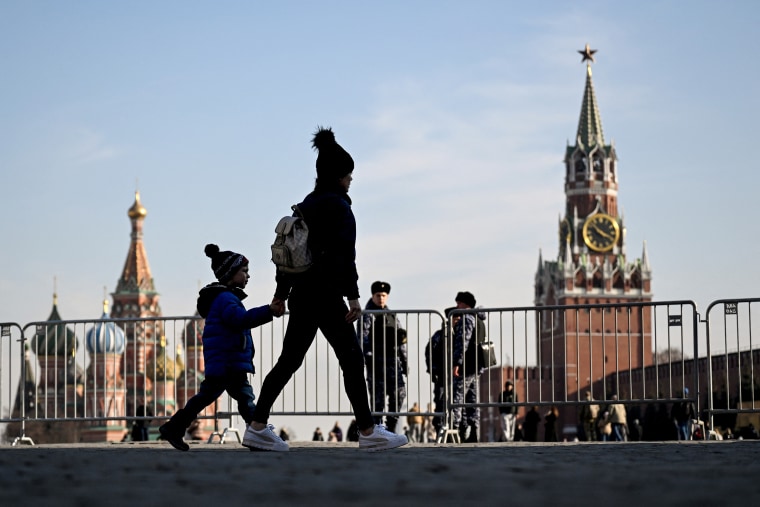
He added that Putin had “been able to shift the blame for high prices on himself to the government or businesses in the past and will probably do so again.”
However, he said, rising prices would “put a lot of pressure on the government to show it is handling the situation with minimal disruption to the public’s Christmas festivities.
Back in Russia, music teacher Govorukhina was determined to make the most of the New Year celebrations.
“We didn’t eat much when we were younger and now, as we get older, we need even less. “I can buy caviar, but not crab meat, although it is difficult to find a good one now,” he said.
“I have friends who complain, but I’m not like that. Your lifestyle is more important than money. I love music and I go to concerts, I love my job; This helps cushion these blows a bit. “We have never had a rich life.”
Lena Medvedeva reported from Moscow and Henry Austin from London.





